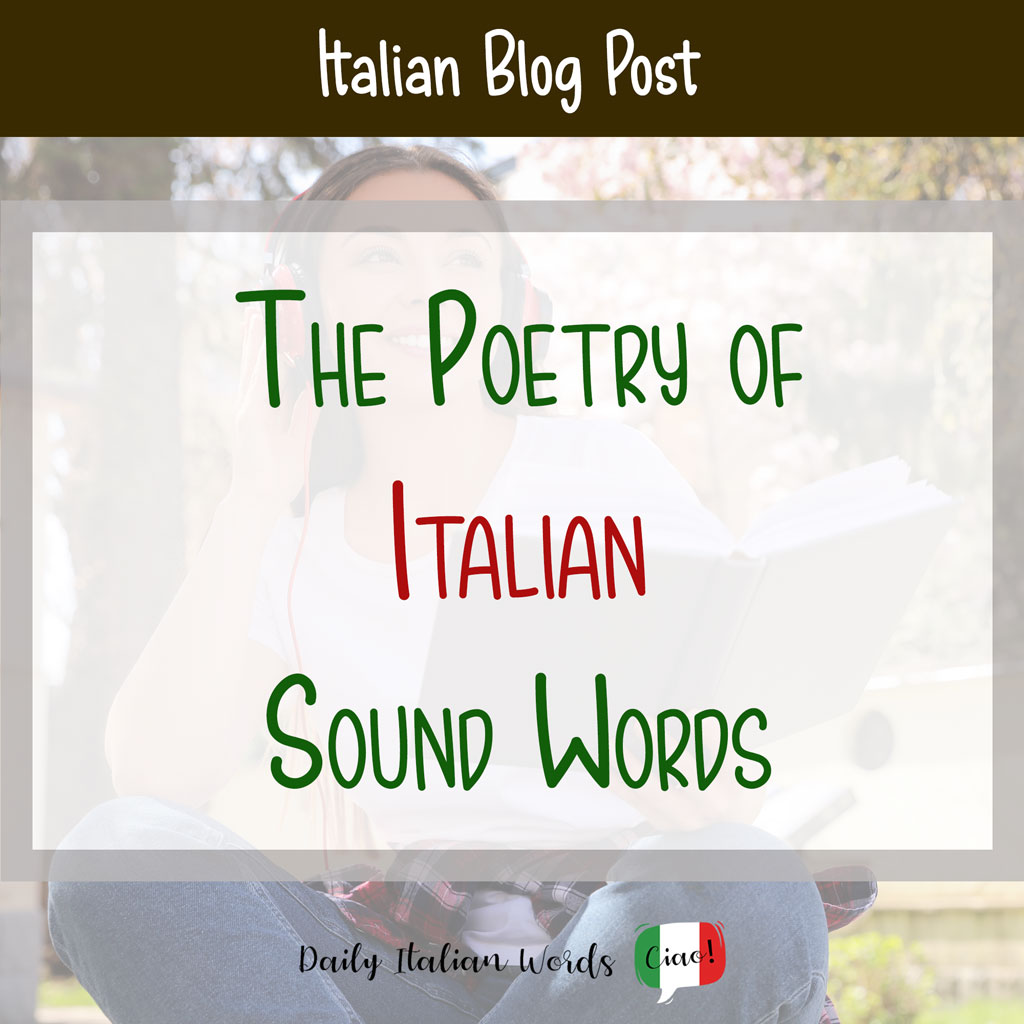The Poetry of Italian “Sound” Words
Italian is a beautiful, musical language — we can all agree on that, right? But there’s a specific category of the vocabulary that’s honestly next-level. I’m talking about words for sounds, the ones that don’t just describe a rustling leaf or a crackling fire, they sound like one. From a grammatical point of view, many …






